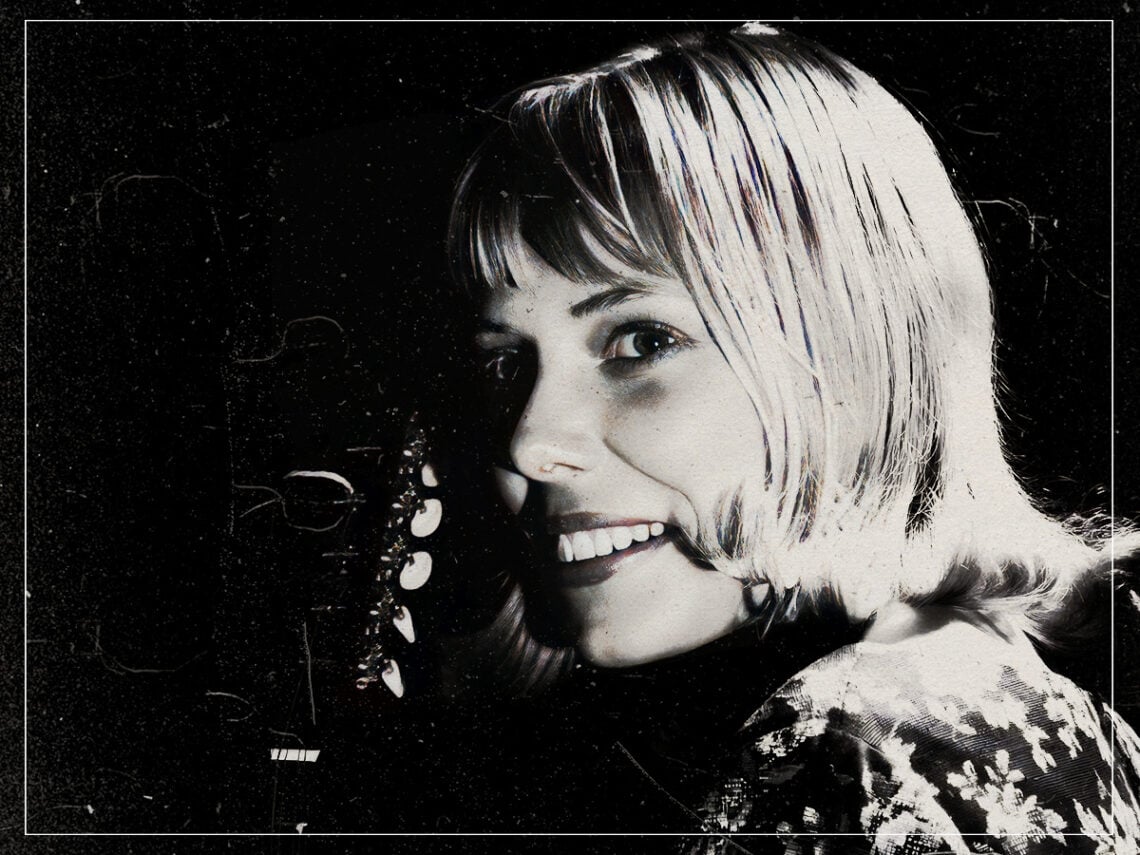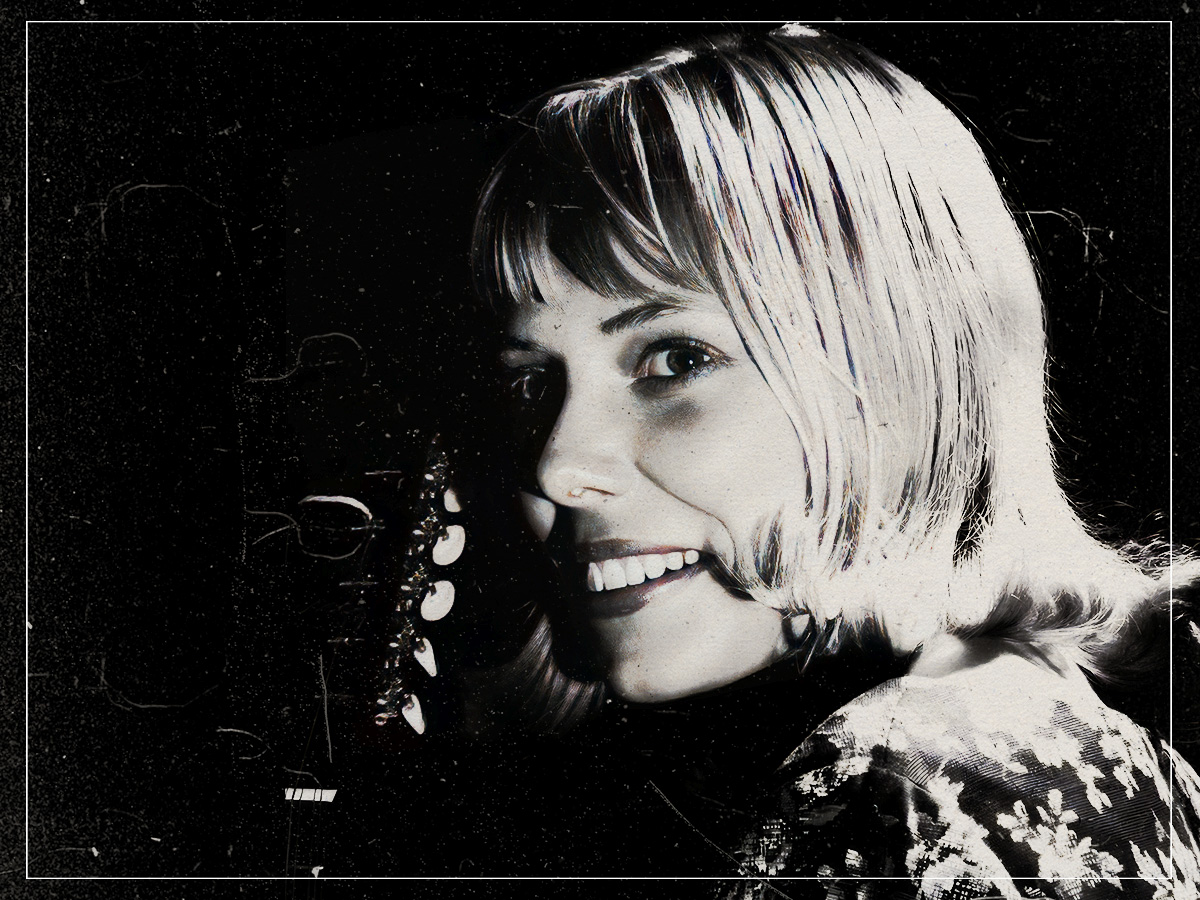
(Credits: Far Out / Press)
Sun 9 November 2025 21:30, UK
For Joni Mitchell, success was never really about hit singles.
The fact that Mitchell made a name for herself as one of the best and most creative forces in songwriting without much charting success speaks volumes. As they say, however, deep-rooted emotive storytelling lasts longer than passing fads, and if anyone was going to be named the ultimate connoisseur of pouring the complexities of human nature into the art of song, it would be Mitchell.
Once, when Mitchell was asked how she approaches her art, she started by explaining that the first step is to let it all pour out of her like a diary entry. At this stage, she writes “copiously”, no matter how it sounds, just letting the thoughts and emotions bleed out freely before she starts putting them all into some kind of order. She might omit certain things when putting it into song format, but the core message always remains intact.
As the 1960s pressed on, Mitchell became a major name in her space because of her ability to pour raw emotion into music. She secured a hit with the 1968 classic ‘Both Sides Now’, but going into the 1970s, she started to feel more and more pressure from her label and team about securing more songs in the charts. She’d started the decade off strong with the hit ‘Big Yellow Taxi’, but certain people felt like it wasn’t enough.
In 1971, Mitchell would release the masterpiece Blue, which went on to become her career-defining effort and cemented her name as a forerunner in the singer-songwriter movement – and yet, it didn’t manage any hit songs. For her next record, For the Roses, she made a conscious effort to change this, including the aptly-titled track ‘You Turn Me On, I’m A Radio’ to appeal to radio play without having to dilute her approach.
And it worked. ‘You Turn Me On, I’m A Radio’ didn’t just land Mitchell a charting hit; it sparked a series of others over the coming years. And it also proved that she didn’t need to do much to gain radio appeal, maintaining her usual poetic finesse with a song that quite literally addressed the radio format in a more quirky manner.
As is clear from the lyrics: “If you’re lying on the beach / With the transistor going / Kick off the sandflies honey / The love’s still flowing / If your head says, “Forget it” / But your heart’s still smoking / Call me at the station / The lines are open.”
Ensuring it came across with the right tone was the key in making sure it turned into a hit. For Mitchell, this wasn’t exactly a challenge. But it was outside of her usual approach, which usually focused on more serious matters of the heart in love and loss. With ‘You Turn Me On, I’m A Radio’, however, Mitchell poked fun at radio DJs without applying too much heat.
As she later explained, “I decided there were some ways to make a hit, increase the chances. DJs have to like it, so you put a long part at the beginning and the end so the DJs can talk over it. Take a tender situation and translate it into commonly appealing songs for the DJs. It’d have to be a bit corny, so I wrote this little song called ‘Oh Honey, You Turn Me On, I’m A Radio.’”
Related Topics

